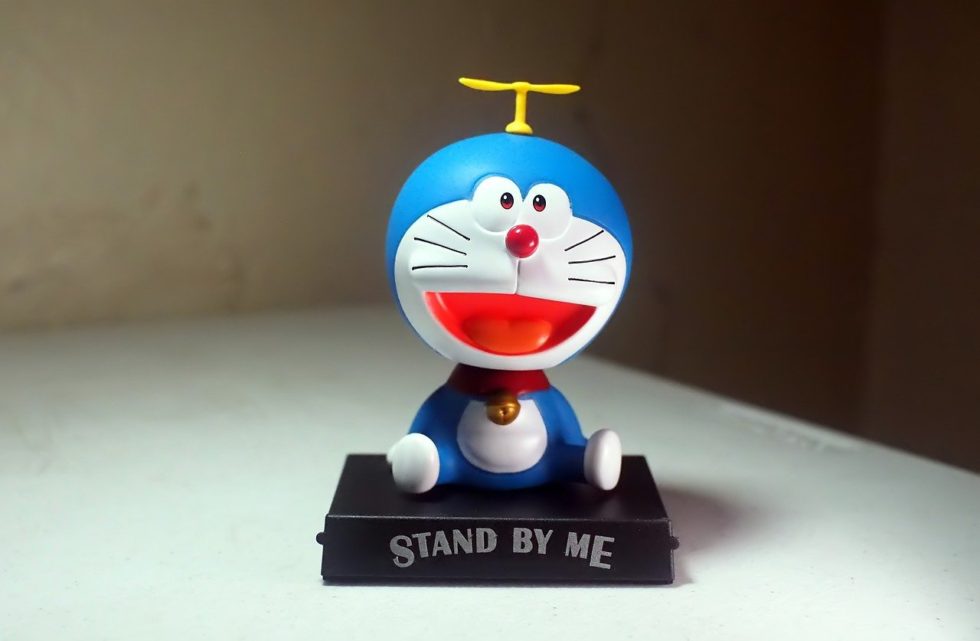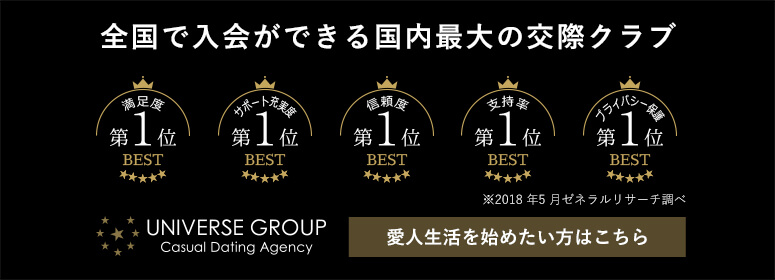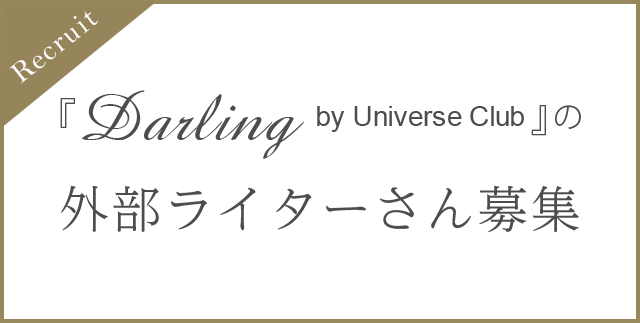Gucci Doraemon collaboration

【Questions】
I know I really like Doraemon, but my dad won't buy Gucci's Doraemon collaboration items!
Do I have to tell them to buy it from me?
I was hoping you would buy it! ! !
[URL]
https://universe-club.jp/help/questions/view/5812
【Answer】
Thank you very much for your question.
In order for Papa to buy Doraemon goods from Gucci, there are four barriers to overcome.
(XNUMX) Whether or not Dad knows that Gucci is putting out a Doraemon collaboration.
(XNUMX) Do you know whether the questioner wants the goods?
(20) Whether the father is willing to spend 20 yen for the questioner (Gucci Doraemon goods average XNUMX yen).
(20) Do you want to use the XNUMX yen for Doraemon goods?
Let's look at each of these four barriers one by one.
First of all, (XNUMX) "Do you know about the existence of goods?"
At least I didn't know that Gucci sells Doraemon goods until I saw your question.Of course, unlike me, who is ignorant of fashion, the questioner's father may have checked the Gucci lineup one by one, but even if he knew about it, he would quickly forget about goods that he was not interested in. I guess.
If you walk around the city, you will see many shops with many advertisements, but do you remember each and every one of them?
Even if your friend likes Crayon Shin-chan, you probably don't know all the companies that Crayon Shin-chan collaborates with.For example, Nippon Rent-A-Car collaborates with Crayon Shin-chan, but even if you see Nippon Rent-A-Car in town, you may not even remember that you saw it.
The questioner is interested in Doraemon, not Papa.If the questioner did not say that they were collaborating, the possibility that Papa knew about it, or more precisely, the "likelihood that he knew and remembered" was extremely low. Better.
Then, the person asking the question told his father, and he knew that Doraemon and Gucci were collaborating.
The next barrier is whether or not Papa knows "(XNUMX) whether or not the questioner wants it."
The questioner seems to like Doraemon, but that doesn't mean he wants all Doraemon goods.Perhaps I love Doraemon, but there is a possibility that I hate Gucci as if I were the enemy of my parents.
In the first place, if you ask me whether I like Doraemon or not, I would definitely like it, but if you ask me if I want Gucci collaboration shoes, I don't think I want it at all.
"I really like Doraemon!" and "I want Gucci's Doraemon collaboration" are not necessarily equal.
From the questioner's point of view, the two may be equal, but from the perspective of Papa, it would be difficult to judge whether they are equal.
Well then, let's say we've passed this barrier.Then, the next barrier is "(20) Do you want to spend XNUMX yen on the questioner?"
I casually said 20 yen, but this is almost the same as the monthly salary of a person with an annual income of around 300 million yen.I don't know how much Papa's annual income is, but it's better to understand that it's an amount that you can finally get after sweating for a month of work you don't want to do.
Then, is your father willing to pay the questioner 20 yen?
Whether Papa's annual income is 100 million or 1 million, 20 yen is 20 yen.What benefits do you get for paying that amount?
The important thing here is that the merit is "the merit that occurs by giving a present".
For example, let's say that Papa felt the benefits of going on a date with the questioner.In this case, if the questioner is still on a date with his father, it is ``benefits that occur without giving gifts'' and not ``benefits that arise from giving gifts.'' yeah.
Of course, humans have the advantage of "giving someone a present makes me happy", so there is a possibility that the father will have an advantage equivalent to 20 yen.
It also has the advantage of boosting the interest of the person asking the question, so let's say we've passed this barrier.
Then the final barrier.
Let's think about "(20) Do you want to use the XNUMX yen for Doraemon goods?"
For example, let's say that the questioner loves me very much and wants to spend 10 yen for me.
So let's say you ask me, "I'd like to give you a gift of about 10 yen. What would you like?"Then, what if I say, "Well then, I want to pour champagne for Ako-chan at a cabaret club, so please buy that champagne"?
The questioner must have wanted to give me a gift worth 10 yen.So if you think about that theory alone, it doesn't matter if it's champagne from a cabaret club or a Gucci bag, it doesn't change the fact that I give you something that pleases me.
But I can understand your feeling that you can't accept it.
Gifts should be something that the other person will be happy with, but we can never deny the feeling of "I want to give what I want to give" on the side of giving gifts.The problem is this balance, and it is not a good story to respect only one or the other.
Well, after reading your question this time, I was able to see Gucci's Doraemon goods, but I'm sorry to say that those goods are not "something I want to give to someone as a gift".
"Well, it's Gucci, so it's good, and the other person might be happy with it, but... these shoes are no different from the character shoes worn by elementary school students. You can buy similar shoes for 3,000 yen at the Tokyo Shoe Distribution Center. These are 20 yen?Seriously?No, people who want them may want them, but I don't even need 5,000 yen.Or rather, if you give me these shoes, you'll come on a date with these shoes, right? I don't know what you think, but I hate it."
To the last, this is the impression of "someone", and I am not saying that Gucci's products are bad.However, if Papa had a similar impression, he would not want to give Doraemon shoes as a gift even if he knew that the questioner wanted Doraemon shoes.
There are many men in society who wear clothes that do not suit them.Perhaps the questioner has seen such a man more than once or twice.
But at least he likes the fashion and thinks the clothes are fashionable.
Then, assuming that the questioner's dad was such a lame fashion, and that he really wanted that type of clothes, the questioner would like to wear clothes that would enhance such lame fashion. Would you like a present?
Again, I'm not saying Gucci is lame.Whether it's uncool or uncool is just a personal subjective opinion, and it's just that some people think Gucci is fashionable, and some people think Shimamura is fashionable.
However, as a general trend, men with high annual income are less likely to prefer character goods.At least I've never seen an adult man wearing character shoes in Marunouchi.
Break through the four barriers
So what should the questioner do this time?
First of all, there are two questions: "(XNUMX) Do you know if your dad knows that Gucci is doing a Doraemon collaboration?" The barrier can be easily overcome by the questioner saying "I want this!".
It seems that the person who asked this question didn't even say "I want it", but even a 5-year-old child is properly telling Santa that he wants "Pokemon Sword and Shield".I don't understand the feeling of wanting you to guess without saying anything, but I want you to guess without saying anything, like an old lady buying "Pokemon Red and Green" by mistake. It would be unreasonable.
And further problems are "(20) whether dad is willing to spend 20 yen for the questioner (Gucci Doraemon goods average 20 yen)" and "(XNUMX) that XNUMX yen Do you want to use it for Doraemon goods?"
Regarding (XNUMX), it may work out depending on the behavior of the questioner, but (XNUMX) can only be said to be completely Dad's sense of values.
Just as there are endless parents who give educational puzzles to children who want a game machine, this problem is a matter of values, so there is nothing we can do about it.If you can't break through this barrier, I think it would be wiser to give up buying Doraemon goods and get the equivalent cash.



















